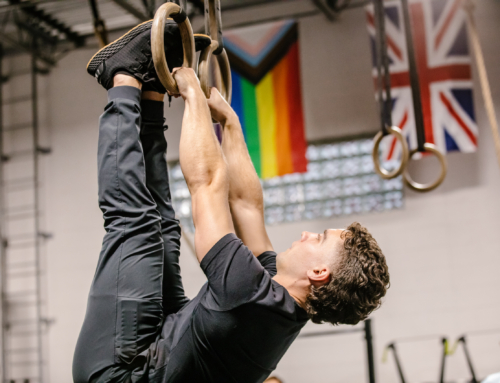Exercising, working out, breaking a sweat — whatever you want to call it, there is no question that doing it regularly is one of the best things you can do to support your physical health in just about every way. There is another benefit that we cannot always see, but we can definitely feel. And that is the effect that exercise has on mental health.
Unfortunately, a lot of people out there are not getting regular physical activity and it takes a toll on their health, well-being, and quality of life. Add isolation during the pandemic, a lack of available services, and a tendency to live a sedentary lifestyle and it is easy to see how everything comes together to create a perfect storm that really brings a person down.
Taking Care of Our Mental Health Is Important
Mental health struggles are common. According to the Anxiety and Depression Association of America, nearly 20% of adults experienced anxiety disorder in the past year. Additional data from the National Alliance on Mental Health shows:
- 21% of U.S. adults experienced mental illness in 2020 (52.9 million people).
- 5.6% of U.S. adults experienced serious mental illness in 2020 (14.2 million people).
- 16.5% of U.S. youth aged 6-17 experienced a mental health disorder in 2016 (7.7 million people).
Regular Exercise Can Help
There is evidence that physical activity and exercising a few times per week promotes mental health and well-being by helping to counteract negative mental health symptoms. Not to mention that it is associated with a ton of physical health benefits like stronger muscles and bones, and a reduced risk of cardiovascular disease, stroke, and diabetes.
In June 2021, the John W. Brick Foundation released the Move Your Mental Health Report, a review of 1,158 studies conducted over thirty years. A staggering 89% of them noted a statistically significant, positive association between physical activity and anxiety, mood, mental health, quality of life, stress, and well-being.
What Kind of Exercise Is Best?
An effective exercise regimen for promoting mental health should include moderate to vigorous aerobic and resistance training four to five times per week for 30–45 minutes. Among the most effective types of exercise are:
- General physical activity (basically, anything representing any movement)
- Cardiovascular and aerobic activity
- Yoga
Furthermore, if you can get instruction from a trained fitness professional or get with an encouraging community (like Rhapsody!), the data says you will have even better results than if you go it alone.
Maintain Perspective
It is important to emphasize that we are not saying exercise is the cure for all mental illness. Nor should you avoid needed help in favor of working out. But in terms of stacking the deck in your favor so that you are more likely to feel good, content, ambitious, active, interested, present, and all the other things that make for a good day and peaceful existence, exercise and being active can go a long way.
Come Feel Great With Us at Rhapsody Fitness
We do not really mince any words about it — we are here to work out and enjoy ourselves and have fun doing it. If you could use a little pick-me-up, why don’t you come join us? The first session is on us, and we can tell you that most people come back for more. Try it, you will love it!






